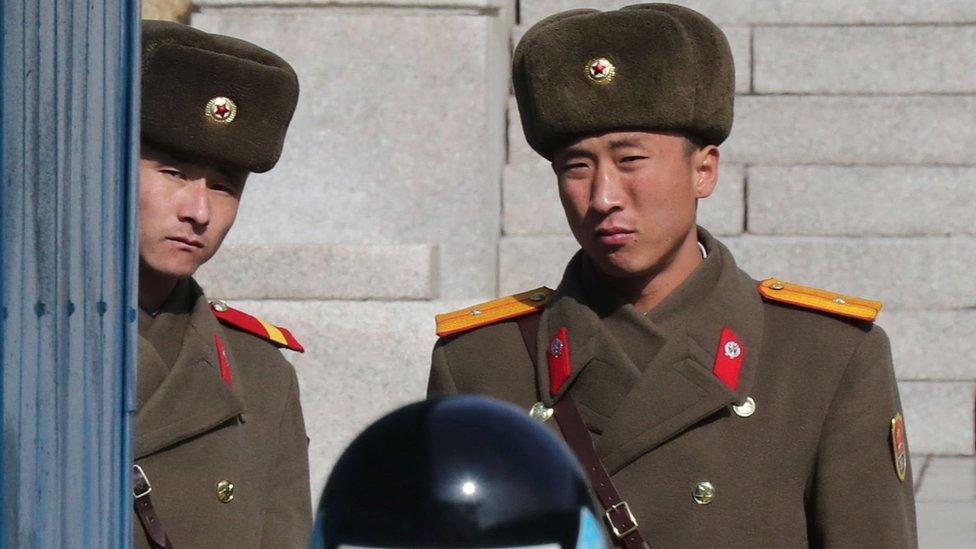Kim Jong-nam deal: Relief but many unanswered questions
- Published
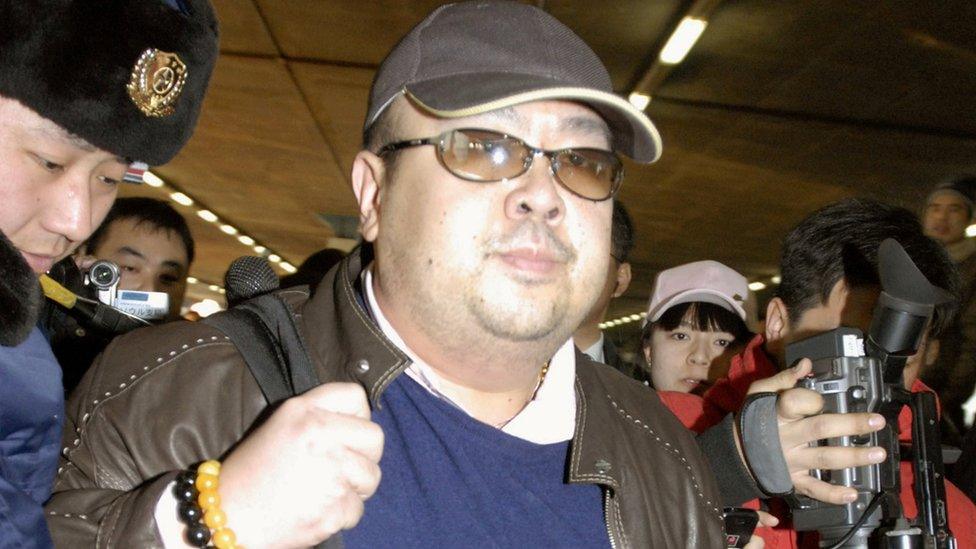
Mr Kim was the half-brother of North Korean leader Kim Jong-un
The body of Kim Jong-nam, the half-brother of the North Korean leader, has been returned to North Korea under the terms of a deal agreed with Malaysia. But it remains unclear what that means for the investigation into his death, writes BBC Southeast Asia Correspondent Jonathan Head.
It was with barely disguised relief that Prime Minister Najib Razak announced the deal with North Korea to release Kim Jong nam's body, after what he described as 'sensitive' negotiations posing many challenges.
Dealing with a regime that, in Malaysia's view, was holding its citizens hostage and had carried out a lethal chemical weapons attack inside its main international gateway was a delicate task. Malaysia appears to have given North Korea what it wanted - the body and three of the North Korean suspects sought by the Malaysian police - in order to get its nine citizens back safely.
There has been another, less talked-about silver lining for Mr Najib from this extraordinary diplomatic row.
It has generated sympathetic headlines for his government, and provided a welcome distraction from the sustained scrutiny of the 1MDB financial scandal that has badly tarnished his international reputation.
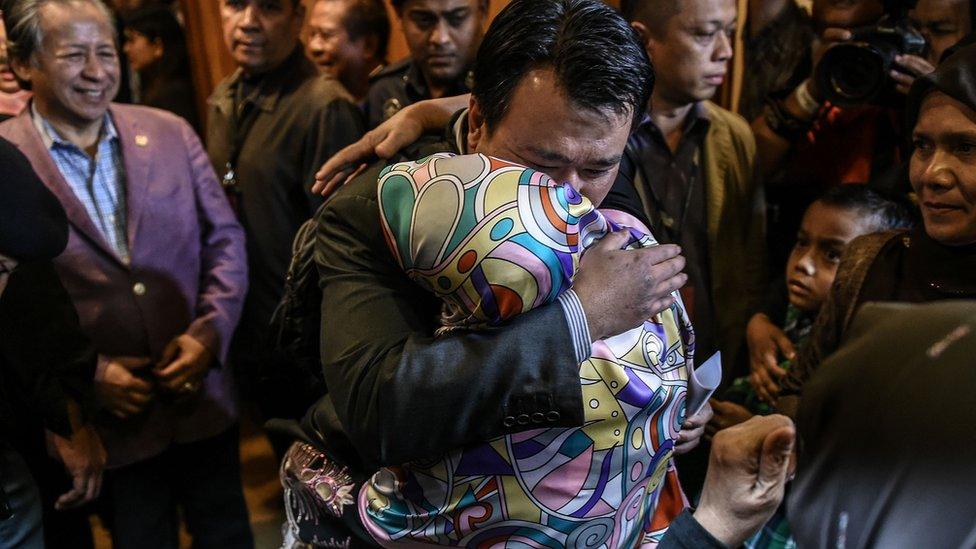
Nine Malaysian citizens returned from North Korea after being blocked from leaving during the row
To the end North Korea refused to recognise that the body was that of its supreme leader's half-brother, or to cooperate in clarifying the role of its agents in the attack.
It did allow a letter from someone purporting to be the next-of-kin in North Korea to be forwarded to Malaysia, authorising the body's release, but the Malaysians are not saying whose name was on that letter; Kim Jong-nam's son, who should be the closest relative, lives in exile, as his father did.
With all the North Korean suspects in the attack now apparently out of Malaysia it is not clear how the investigation can move forward.
The two women, an Indonesian and a Vietnamese, who smeared the nerve agent on Kim Jong nam's face, are in custody facing murder charges, but we do not know how much they have been able to tell the Malaysians.
Nor do we know how much the Malaysian authorities have learned about that nerve agent.
They believe it is VX, a substance so dangerous it is classified as a weapon of mass destruction, but it is not clear how much they have consulted with allies, or shared their findings with the international organisations that monitor chemical and biological weapons.
- Published31 March 2017
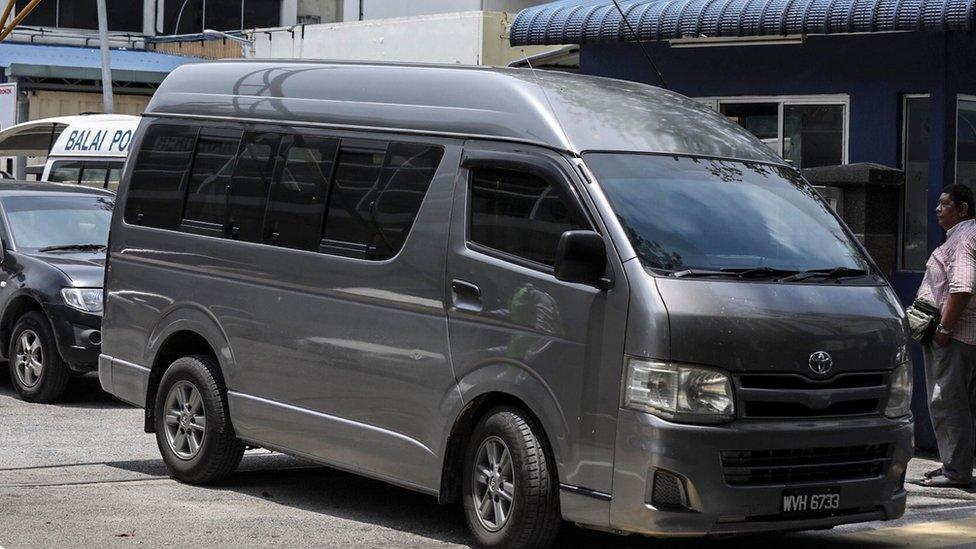
- Published30 March 2017
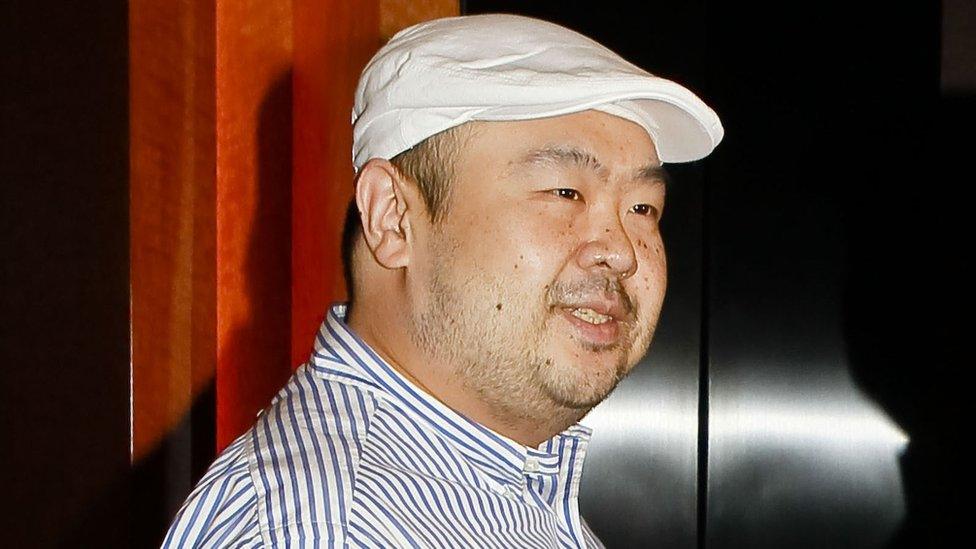
- Published8 March 2017
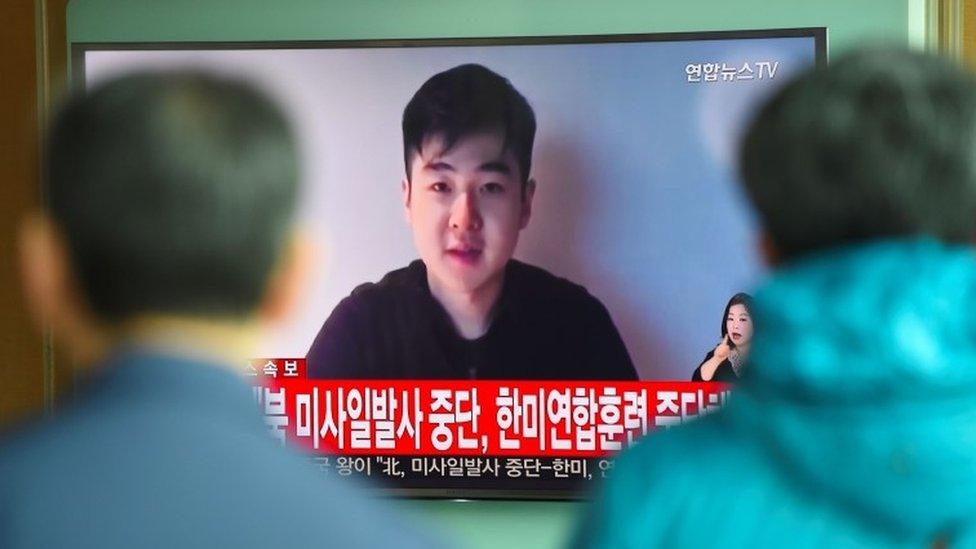
- Published9 March 2017
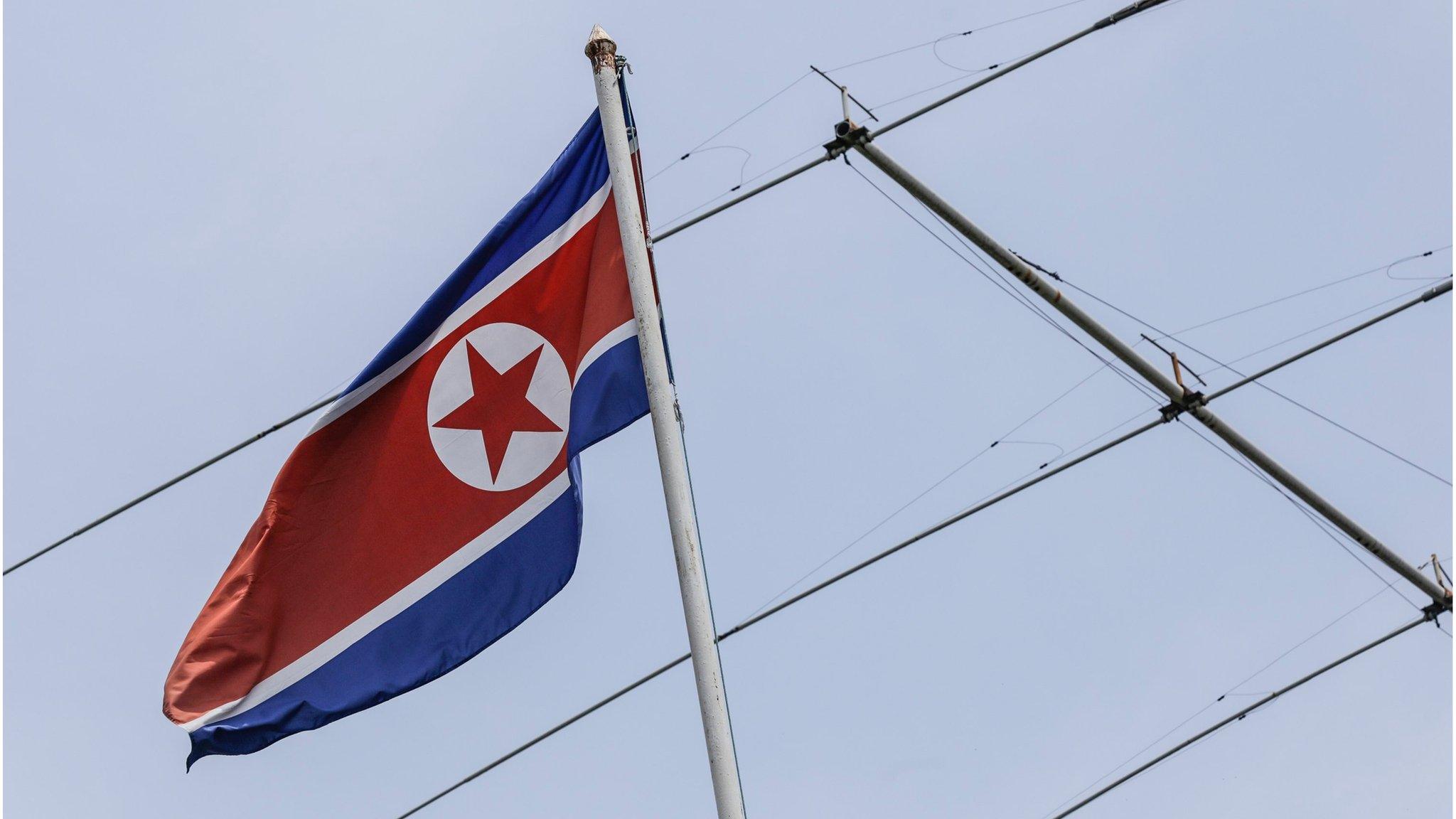
- Published2 October 2017
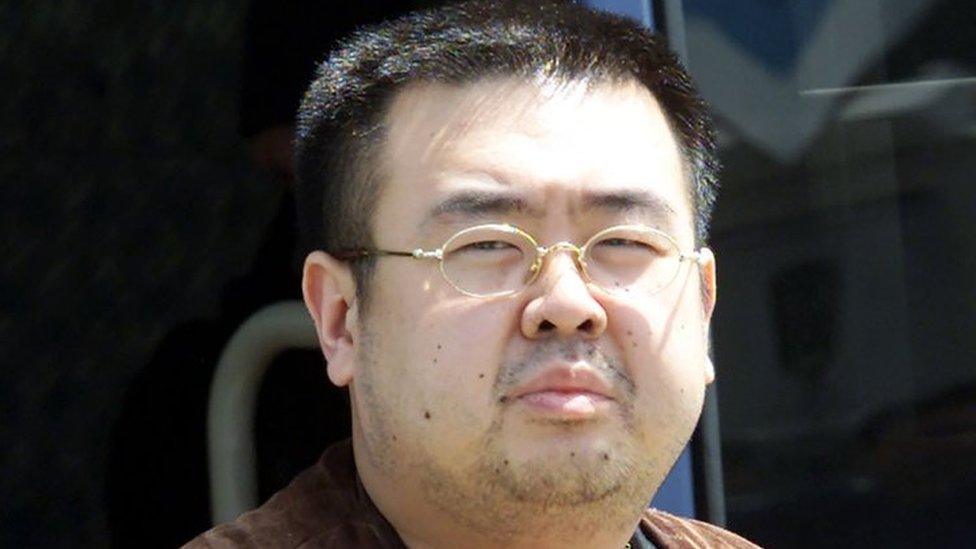
- Published24 February 2017
